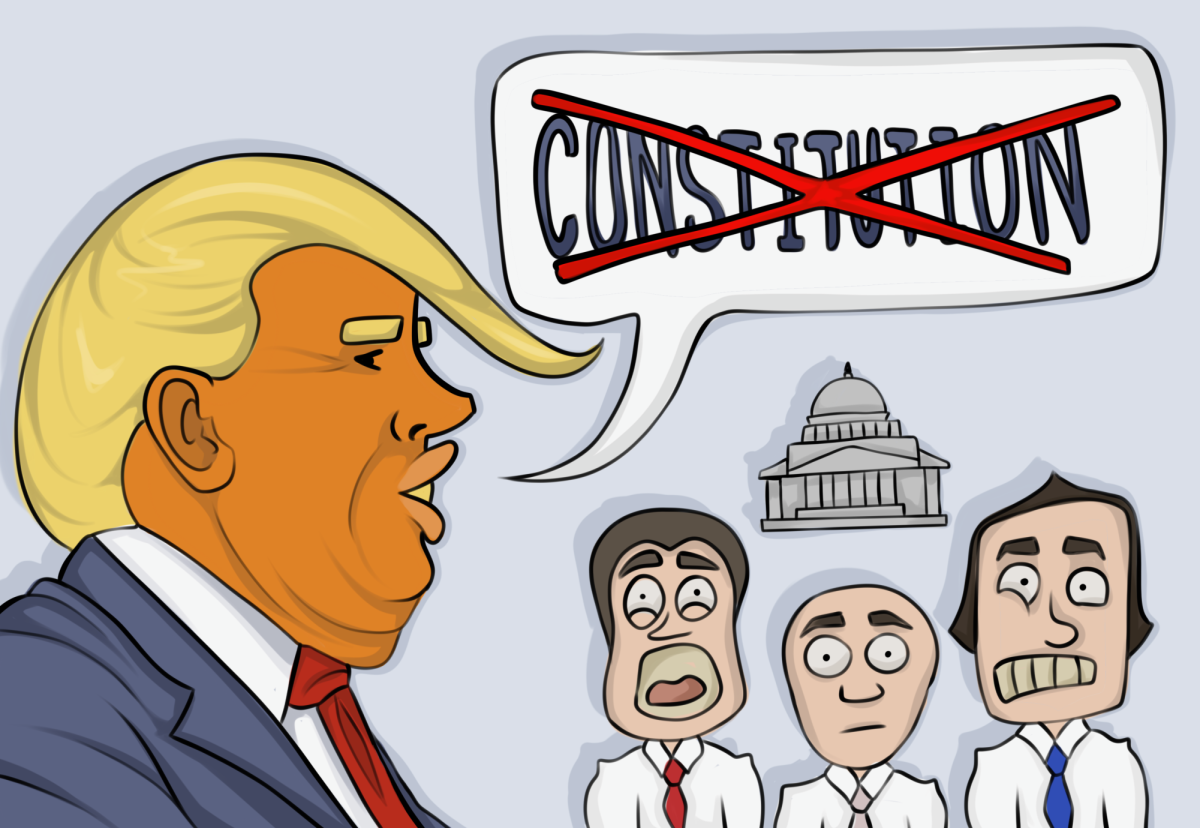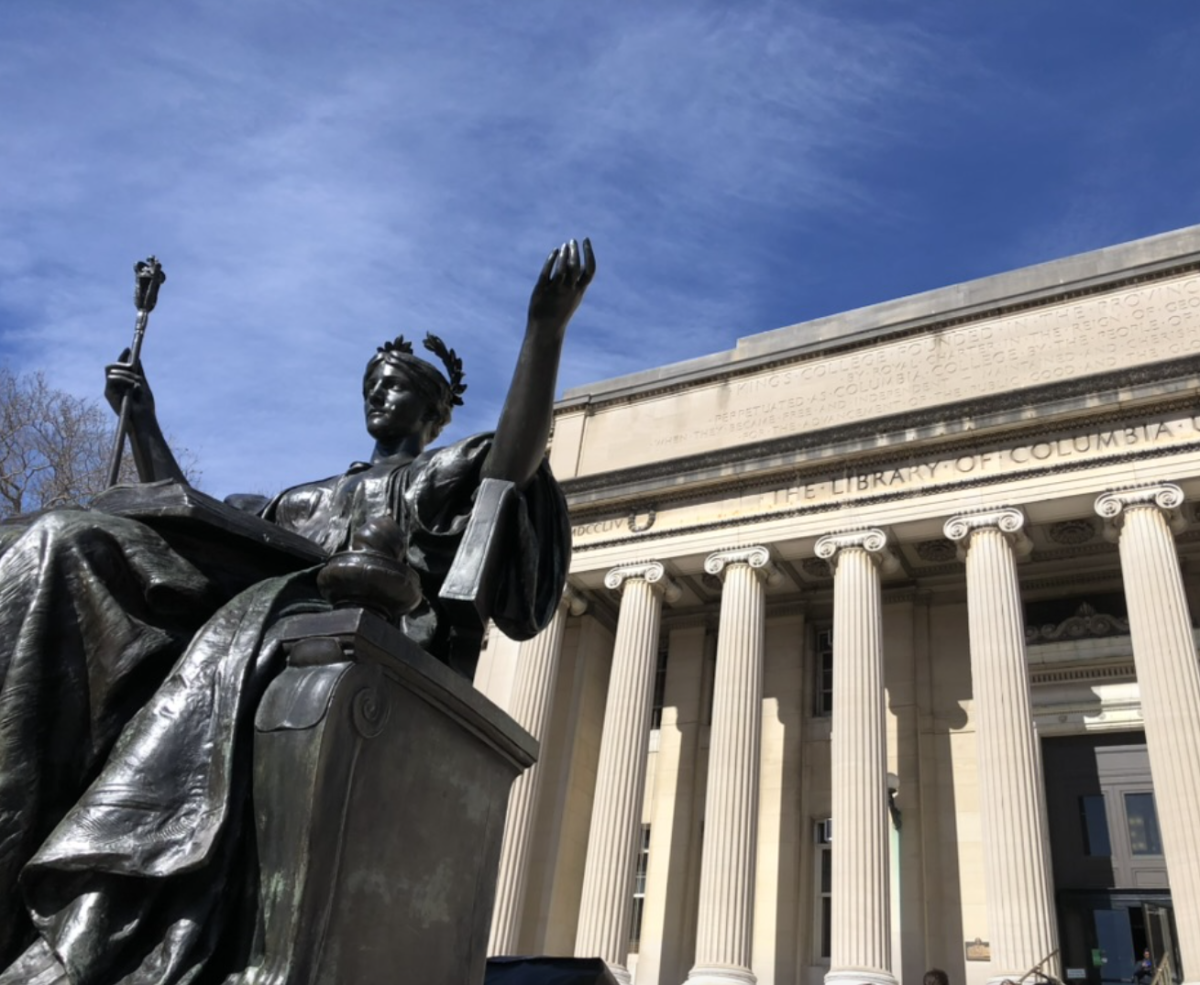In an Aug. 7 executive order, Virginia Governor Glenn Youngkin revealed a new policy directing the Department of Elections to remove ‘suspected noncitizens’ from the state’s voter rolls. The policy came less than 100 days before the election, leading to major concerns from voting rights groups across the country and a constitutional legal challenge. In the subsequent, fast-paced legal dispute, a federal judge and the appeals court ruled against the state, demanding it reinstate the more than 1,600 voters whose registrations have been canceled; however, in a ruling this morning, the Supreme Court sided with Virginia Attorney General Jason Miyares, upholding the executive order and accompanying policy.
The cancellations—especially less than 100 days before the election—are an outright threat to democracy targeted at pleasing voting access opponents. Youngkin, who has marketed himself as a middle-of-the-road Republican ever since his election in 2021, must cease this foul play and drop his efforts to cancel rightful voters.
Not only does the policy fail in identifying supposed non-citizen voters, it poses the risk of discouraging other likely-voters who may be naturalized from migrant backgrounds in fear that the state could misinterpret their US citizenship status and take action against them. This intimidation would foster an atmosphere of unease around voting in these communities.
The purge is also actively disenfranchising eligible voters. Among the impacted voters in the mass voter cancellations are a number of confirmed, lifelong Virginia residents who are in fact citizens.
While the methods used to determine citizenship status by the Department of Elections in the cancellations are unclear, the removals likely came down to simple items such as missing checkboxes on DMV forms required for registration.
Youngkin, a newly avowed voting accuracy proponent, appears to not always have been one. In fact, his then-17-year-old son attempted to illegally cast a vote for Youngkin twice in 2021, despite being underage. Youngkin and his spokesperson refused to condemn the act in the aftermath. So why should Virginians trust his faux attempts to ensure voter integrity today?
On a larger scale, if Youngkin’s policy proceeds unimpeded, it will set a dangerous precedent for other states to follow in restricting voter access. After decades of improvement in voter access ever since the abolition of poll taxes and literacy tests, policies like these threaten to bring America back, and ultimately violate the tenets of democracy. The cancellations must be reconsidered—not just to protect the rights of Virginians today, but to uphold Democratic values for all Americans now and in generations to come.














